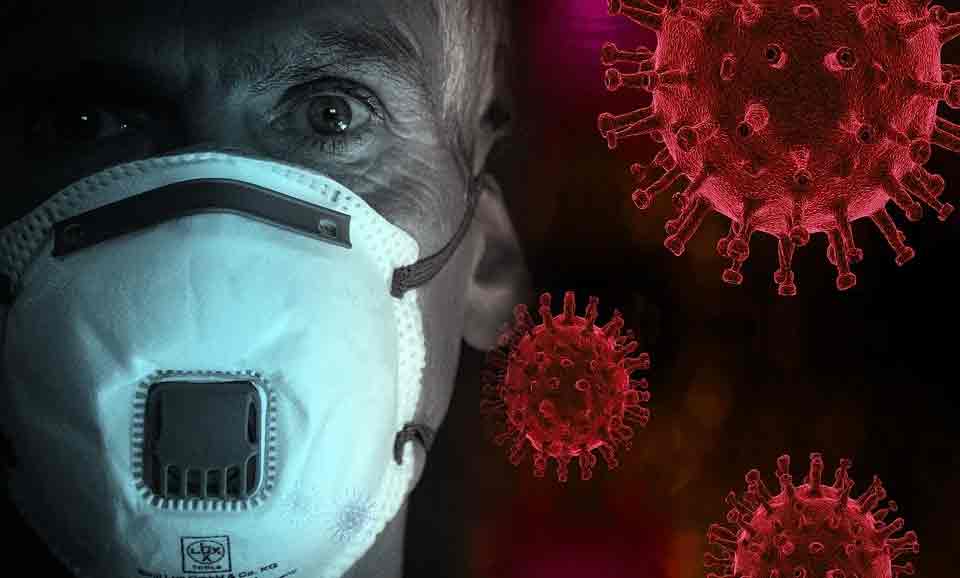Nationwide lockdown and the ‘China’ factor takes toll on India’s pharmaceutical industry as drug pricing regulator has allowed pharmaceutical companies to increase the ceiling price of essential medicine heparin by 50 percent until December 31.
This may only be the first of several drugs to get a price hike.
What is heparin and why is it essential here?
Heparin is a blood thinner that has long been used in patients vulnerable to blood clots in their legs, lungs, heart or other body parts.
It is used to reduce their risk of heart attacks, strokes and pulmonary embolism.
Several patients with critical illnesses, including those requiring kidney dialysis, are given the drug.
During the Covid-19 pandemic, the Ministry of Health and Family Welfare included the drug in its clinical management guidelines for the treatment of Covid-19 patients in the ICU.
Why did companies seek a hike on its ceiling price?
Because it is so essential to high-risk patients, the National Pharmaceutical Pricing Authority (NPPA) had capped heparin’s ceiling price sometime in 2018.
However, there have been instances of shortage of this drug during the pandemic, according to the drug pricing regulator.
This is because the active pharmaceutical ingredient (API), which forms a considerable amount of the cost of making the drug in India, has increased drastically, according to pharma companies.
APIs are crucial elements in drug production as they give medicines their therapeutic effect.
Since September 2018, the price of this API has shot up 211 per cent, according to an expert committee that looked into this matter.
With the maximum price that companies can charge for the drug fixed, but the API costs rising, they claimed it had become unviable to continue manufacturing and selling the drug in India.
Companies like Gland Pharma, Biological E, Samarth Lifesciences, Abbott Healthcare, Troikaa Pharmaceuticals and Celon Labs market heparin products in India, according to pharmaceutical market research firm AIOCD Awacs PharmaTrac.
What powers did India’s pricing regulator use to increase the price of heparin by 50 per cent?
NPPA used extraordinary emergency powers provided to it under paragraph 19 of the Drugs (Prices Control) Order, 2013.
This provision allows for the regulator to, in extra-ordinary circumstances, fix the ceiling or retail prices of any drug regardless of whether they were under or eligible for price control under normal circumstances.
It also allows NPPA to increase or decrease their prices irrespective of the annual wholesale price index of that year.
Has this been done before?
The first time NPPA increased the prices of medicines under price control was in December 2019, where it hiked, by 50 per cent, prices of 21 drugs integral to public health programmes and often used as the first line of treatment.
This included the BCG vaccine for tuberculosis, vitamin C, antibiotics like metronidazole and benzylpenicillin, anti-malarial drug chloroquine and leprosy medication dapsone.
What role does China have to play in the availability of heparin? What other drugs is India dependent on China for?
The heparin sodium API for the injections made in India majorly comes from China, according to pharma companies.
Some industry bodies say there are not many alternative manufacturers for the API, especially in India.
This is the case with several APIs used in India’s pharma industry. The country heavily relies on China for various APIs used to make crucial antibiotics and vitamins.
According to industry bodies, even the API and other key ingredients for popular painkiller paracetamol are imported from China.
In the last three-six months, prices of APIs from China have gone up 20-35 per cent, according to pharma industry associations.
Of the over $3.5 billion worth of ingredients that Indian drug-makers imported to manufacture several essential medicines in 2018-19, China catered to around 68 per cent. This means that a snag in the supply chain from China could disrupt the availability of medicines made in India.
It could also hit the availability of medicines in other countries that import from India as well.
This was seen in March, when the government restricted exports of 13 APIs and the various formulations made from them in order to safeguard India’s own stock.
Shipments of drugs like paracetamol, erythromycin salts, Vitamins B1, B6 and B12, acyclovir and progesterone were only allowed out of the country with a no-objection certificate (NOC) that companies claimed were difficult to procure.
This was around the time that Wuhan in China, from where these APIs were mostly imported, was under a Covid-19 lockdown.











